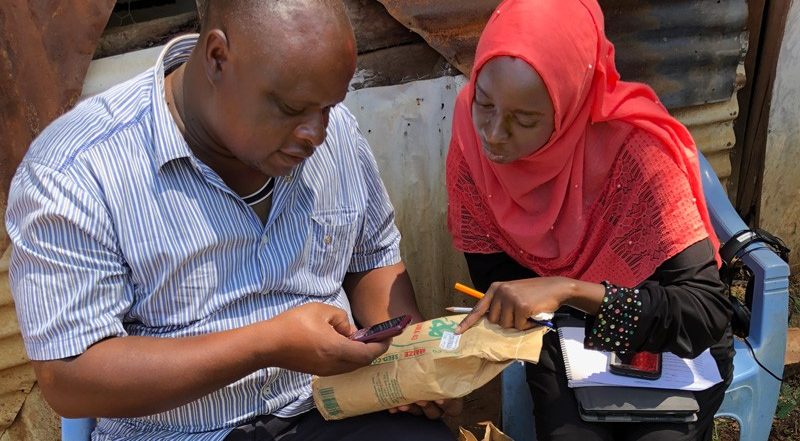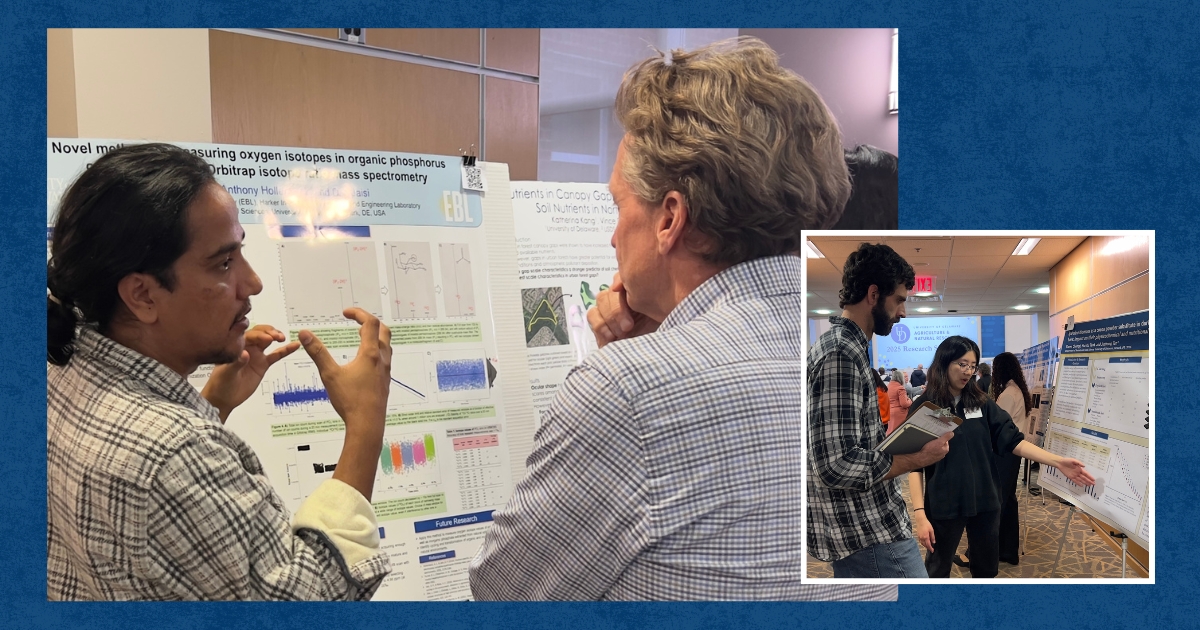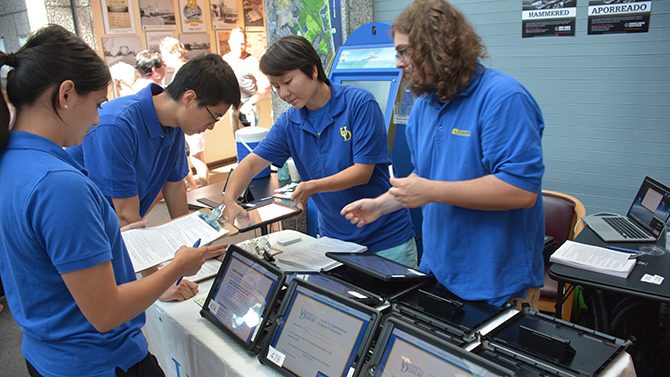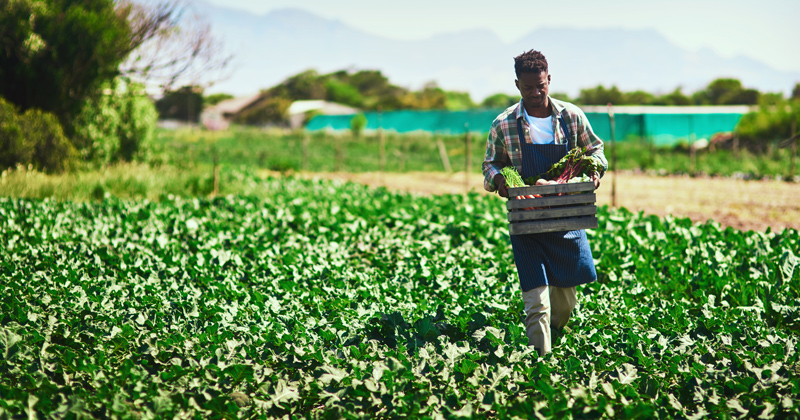
Graduate Programs

The Department of Applied Economics and Statistics offers graduate master’s programs focused on the study of quantitative economics, international agricultural trade, economic development and resource economics, marketing and policy.
Graduate degree programs include:
1. M.S. in Agricultural and Resource Economics
3. M.S. in Applied Statistics (online)
4. Ph.D. in Statistics Data Science
Additionally, the department participates in the interdisciplary M.S. in Data Science program. Degree requirements include coursework from three departments (and colleges): the Department of Mathematical Sciences (Arts and Science), the Department of Applied Economics and Statistics (Agriculture and Natural Resources) and the Department of Computer and Information Sciences (Engineering).
-

Showcasing research across the College of Agriculture and Natural Resources at the 2025 student symposium
December 03, 2025 | Written by Katie Peikes | Photos by Katie YoungThe University of Delaware College of Agriculture and Natural Resources Fall 2025 Student Research Symposium, in its ninth year, showcased 50 research projects, covering a variety of interests and topics across the college. The annual symposium brings faculty, students and staff together to celebrate the diverse research interests of the college. -
Sticky situation
December 01, 2025 | Written by Katie Peikes | Photos by Kathy F. Atkinson | Photo illustration by Jeffrey C. Chase | Video by Max DuganUniversity of Delaware graduate student Wil Winter is trapping mosquitoes in the wild, enticing them with honey, and tricking them to give up saliva for virus testing. This will help illuminate if disease-causing agents for West Nile Virus and Eastern Equine Encephalitis virus are in the area. The method was developed in Australia. Winter, who also works for the Delaware Department of Natural Resources and Environmental Control, is hoping it can work here. -
Interdisciplinary agricultural education
November 12, 2025 | Written by Nya Wynn | Photos by Kathy F. Atkinson and courtesy of Daisy CreelAgriculture and natural resources major Daisy Creel immerses herself in animal and food science, agribusiness and policy. Creel grew up on a family farm and participated in 4-H, setting herself up for a career in agriculture. She has spent her time at the University of Delaware learning about the business side of agriculture and all aspects of farm to table.






